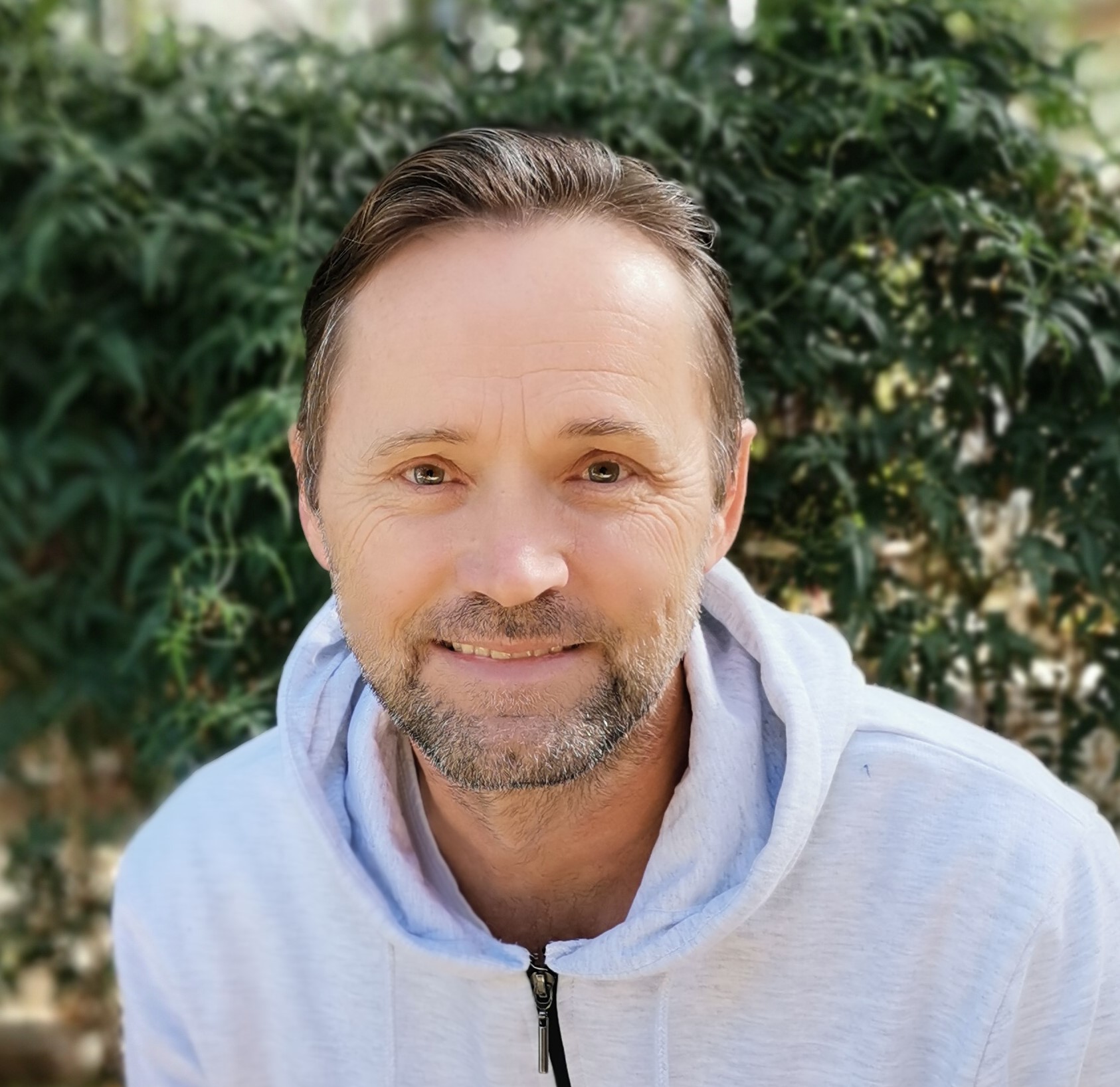- Details
- By Wolfgang Henckert
- Zugriffe: 396
 The conflict you feel that is caused by external factors is internal conflict that has been made visible externally for you to re-cognise and heal. In order to do that, you need presence where there is now (understandably so) resistance. I would like to encourage you to transition from "oh darn, why me..." to something like "oh yes, thank you God/universe for reminding me!"
The conflict you feel that is caused by external factors is internal conflict that has been made visible externally for you to re-cognise and heal. In order to do that, you need presence where there is now (understandably so) resistance. I would like to encourage you to transition from "oh darn, why me..." to something like "oh yes, thank you God/universe for reminding me!"
To do this, for one, you need the courage for truth.
And then, you need the stomach for truth - where truth is, control is.
Look at yourself, and your life, and see where truth currently is in your life: is it within you, or outside of you? Where it is outside of you, you will be at the mercy of that truth (with all the patterns of contraction and protection against such). Where it is already within you, you embody that truth, and you will find even higher truths to discover.
- Details
- By Wolfgang Henckert
- Zugriffe: 374
 One of the most subtle yet damaging threats in today’s world is the acceptance of beliefs that create division - either within ourselves or between us and others. These divisive ideologies often present themselves as sources of strength, righteousness, or exclusivity, but their true impact is corrosive, as they fuel hatred and promote conditional or "tough" love.
One of the most subtle yet damaging threats in today’s world is the acceptance of beliefs that create division - either within ourselves or between us and others. These divisive ideologies often present themselves as sources of strength, righteousness, or exclusivity, but their true impact is corrosive, as they fuel hatred and promote conditional or "tough" love.
Beliefs that create inner division can fragment our sense of self. By encouraging us to suppress or reject parts of ourselves that don’t fit an “ideal,” we end up in a state of inner conflict. This split within can lead to a sense of disconnection and self-criticism, undermining self-acceptance and peace. For example, rigid beliefs may cause us to see natural desires as wrong or sinful, leading us to suppress them instead of integrating them in a healthy way. Such an approach erodes wholeness and compassion for oneself. In contrast, a balanced perspective embraces all aspects of who we are, cultivating self-love and inner harmony.
- Details
- By Wolfgang Henckert
- Zugriffe: 365
 Internal Family Systems (IFS) is a powerful, compassionate therapeutic approach that provides individuals with a pathway to explore and heal the complex, multi-faceted landscape of their inner world. Created by Dr. Richard Schwartz, IFS is based on the understanding that within each of us resides a family of distinct “parts,” or subpersonalities, each with its own unique characteristics, emotions, and roles. The method aims to foster self-acceptance, self-compassion, and profound healing by helping us embrace all aspects of ourselves, leading to inner harmony and balance.
Internal Family Systems (IFS) is a powerful, compassionate therapeutic approach that provides individuals with a pathway to explore and heal the complex, multi-faceted landscape of their inner world. Created by Dr. Richard Schwartz, IFS is based on the understanding that within each of us resides a family of distinct “parts,” or subpersonalities, each with its own unique characteristics, emotions, and roles. The method aims to foster self-acceptance, self-compassion, and profound healing by helping us embrace all aspects of ourselves, leading to inner harmony and balance.
In IFS, it is believed that our psyche comprises a collection of “parts,” which are essentially aspects of ourselves that form in response to our life experiences, particularly as coping mechanisms in challenging or traumatic situations. These parts often have specific roles and exist in complex relationships with one another.



 Copyright 2009-
Copyright 2009-